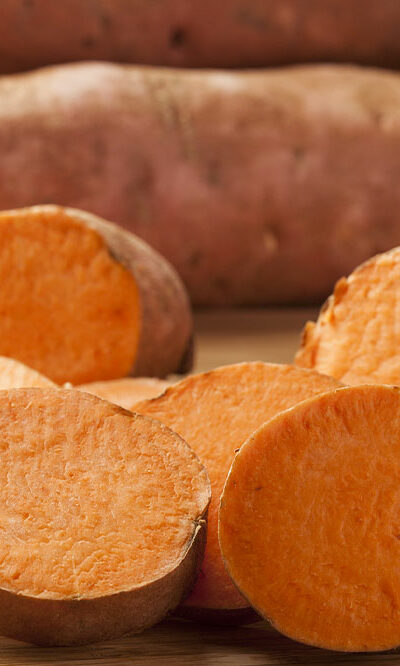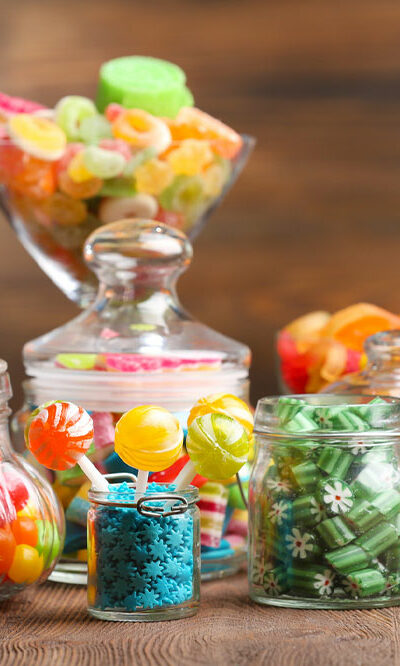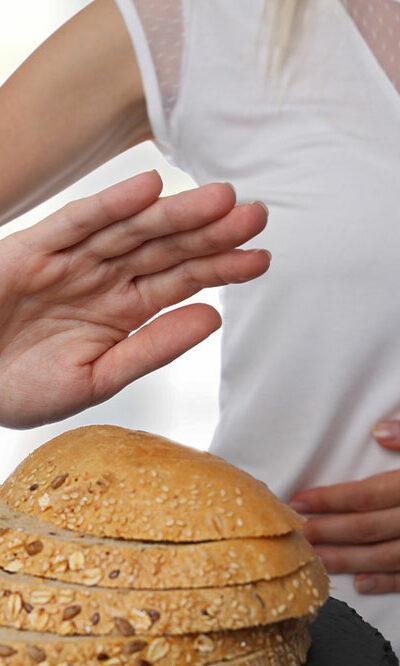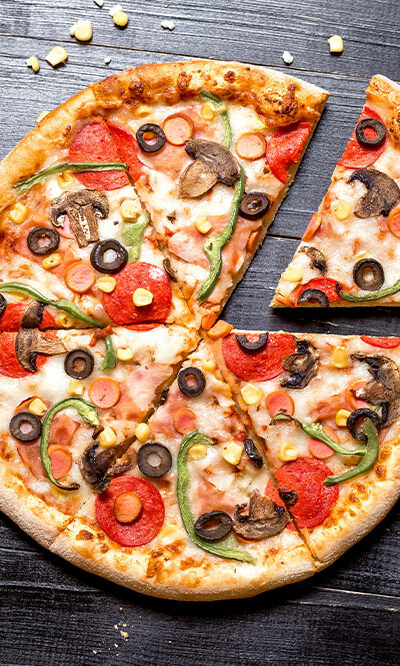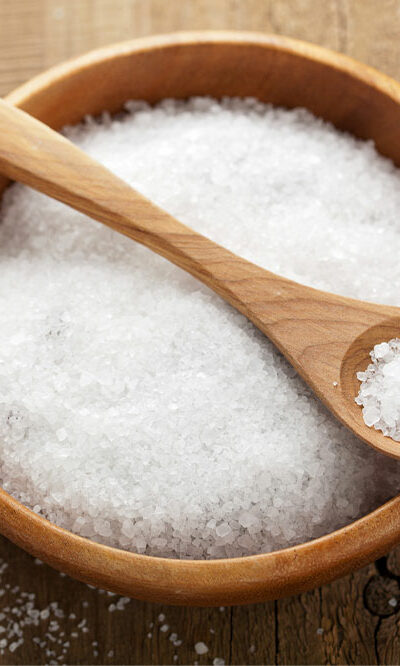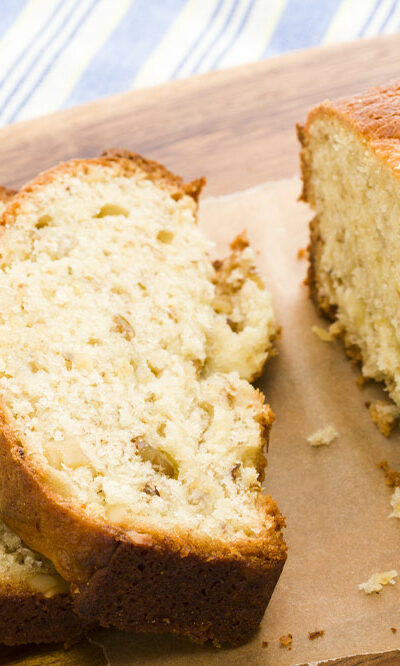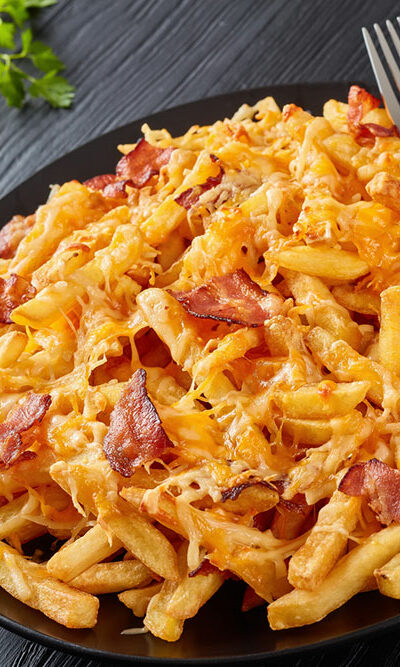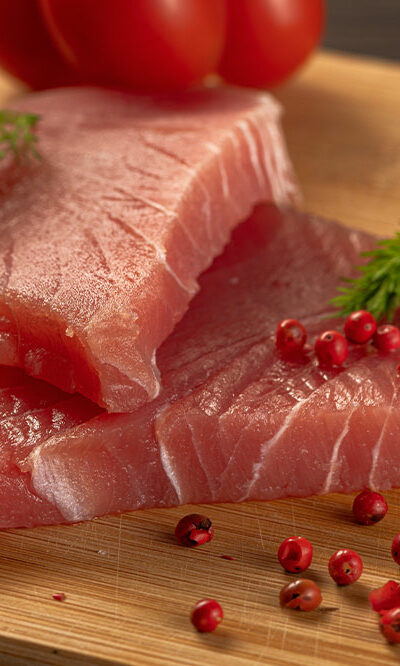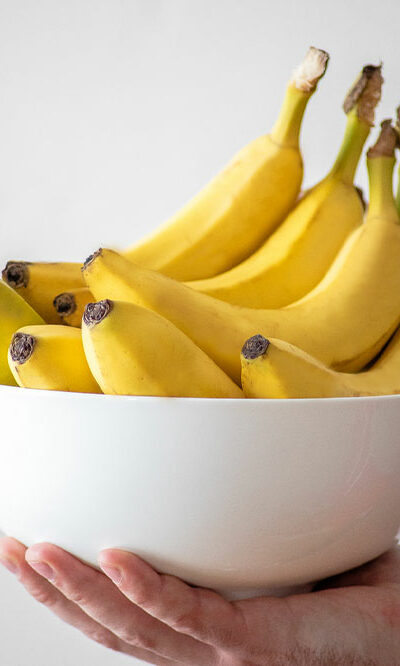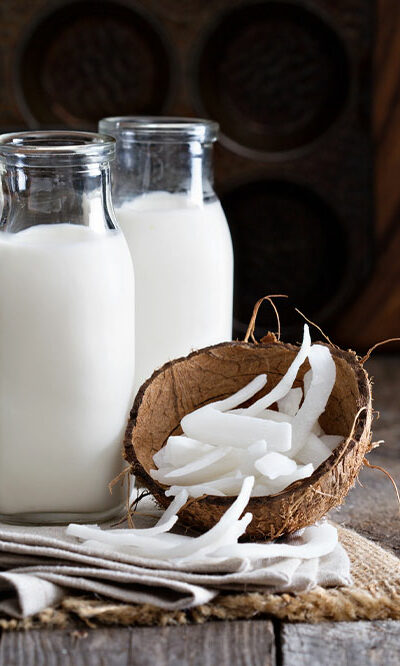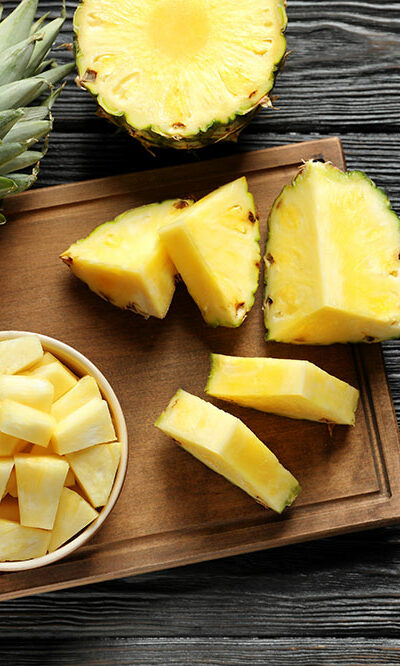
Foods to eat for preventing osteoporosis
Osteoporosis affects the structural integrity of the bone, increases the risk of fractures, and affects the ability of the body to regenerate bone mineral density. This condition worsens with age and affects bones in the wrist, spine, or hips. Normally, doctors recommend a combination of medications and weight-bearing exercises to prevent bone loss. Osteoporosis can also be prevented to some extent with healthy changes in habits related to nutritional regime. Foods to eat Recommended foods that help avoid osteoporosis are Foods containing calcium Calcium helps boost bone healthm and foods like kale, turnip, spinach, collard greens, and dairy products including milk cheese, yogurt, are rich sources. Those suffering from lactose intolerance can have soy milk and other such products. Fortified juices, cereals and snacks with vitamin D help the body absorb calcium better. Protein- and magnesium-rich foods Proteins are the building blocks of the body and magnesium helps maintain bone mineral density. Lean chicken and turkey cuts, eggs, milk, and assorted fish or seafood are rich protein options. Assorted nuts including almonds, cashews, peanuts, and some seeds are rich sources of magnesium to be included in daily meals. Foods rich in vitamins C and K Vitamin C is an essential immunity booster and studies show that the key nutrient also helps lower the risk of chronic ailments like osteoporosis. Oranges, lemons, tomatoes, kiwi, and red peppers are loaded with this nutrient. Research also suggests that women suffering from vitamin K deficiencies are at an increased risk of developing bone disorders like osteoporosis. Brussels sprouts, broccoli, cauliflower, turnip greens, collards, and cabbage are vitamin k rich greens to include in daily meals. Medications for osteoporosis management Here are some common meds used for treating osteoporosis: Romosozumab by Evenity This medication belongs to a class of monoclonal antibodies that help reduce the risk of bone resorption (deterioration) and promote new bone formation.
